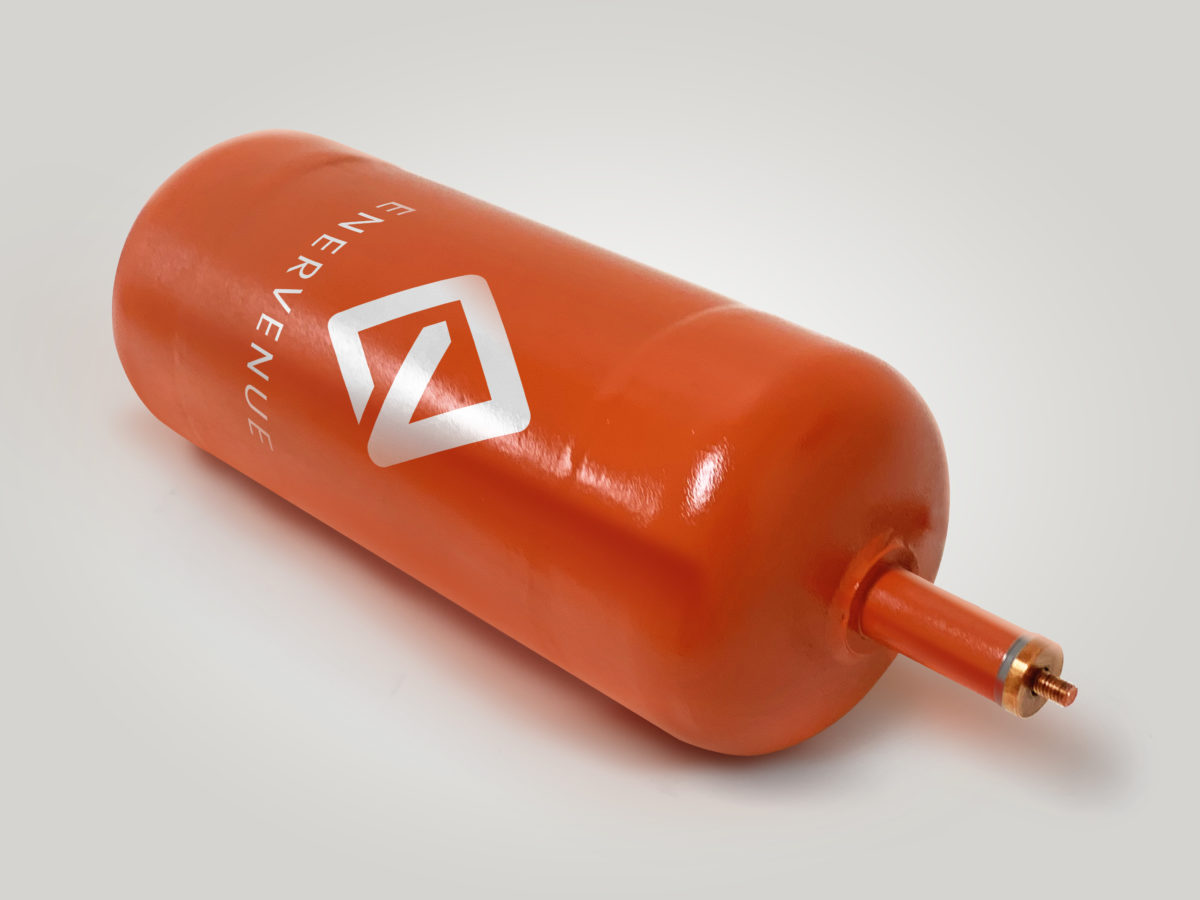US-based EnerVenue, a manufacturer of metal-hydrogen batteries with a capacity of 30,000 cycles, has announced that it has secured a supply contract from Brazilian company VedantaESS.
Under the terms of the agreement, VedantaESS will acquire and deploy 525 MWh of energy storage vessels (ESV) from EnerVenue over the next three years.
The master supply agreement with VedantaESS provides for the annual delivery of energy storage by EnerVenue, with 75 MWh in 2024, 150 MWh in 2025 and 300 MWh in 2026.
VedantaESS will use EnerVenue's storage systems to meet Brazil's growing demand for clean energy, including through distributed generation, isolated microgrids and commercial, industrial and utility scale applications.
The São Paulo-based company provides customers with energy storage project design and management, including energy storage management software, battery solution assembly, installation services, technical support and other products.
“At VedantaESS, our mission is to solve the significant renewable energy challenges facing Brazil by strategically applying innovative yet proven technologies,” said Richard Phillips, president of VedantaESS. “With their unique metal-hydrogen batteries, EnerVenue solutions provide enormous longevity, reliability, safety, savings and, most importantly, flexibility. ESVs will be valuable to our customers in each of the applications we work with. We are proud to be the first organization to partner with EnerVenue in South America and look forward to bringing the benefits of this supply agreement to our customers.”
The batteries reportedly have a 30-year, 30,000-cycle lifespan, with the manufacturer offering a 20-year/20,000-cycle warranty that guarantees at least 88% battery capacity remaining after that period.
EnerVenue claims its nickel-hydrogen battery technology can operate at temperatures between -40 C and 60 C. It can also provide the promised cycles without degradation and at varying rates, for a wide range of fast and slow charging capabilities.
The battery has an efficiency ranging from 80% to 90%, depending on the cycle rate, and its energy density per square foot is equal to, or better than lithium-ion batteries, according to the company.
The nickel-hydrogen battery technology is particularly good in remote and harsh conditions with operational temperatures ranging between -40 C to 60 C, as demonstrated by its use in NASA satellites.
This content is protected by copyright and may not be reused. If you want to cooperate with us and would like to reuse some of our content, please contact: editors@pv-magazine.com.



By submitting this form you agree to pv magazine using your data for the purposes of publishing your comment.
Your personal data will only be disclosed or otherwise transmitted to third parties for the purposes of spam filtering or if this is necessary for technical maintenance of the website. Any other transfer to third parties will not take place unless this is justified on the basis of applicable data protection regulations or if pv magazine is legally obliged to do so.
You may revoke this consent at any time with effect for the future, in which case your personal data will be deleted immediately. Otherwise, your data will be deleted if pv magazine has processed your request or the purpose of data storage is fulfilled.
Further information on data privacy can be found in our Data Protection Policy.